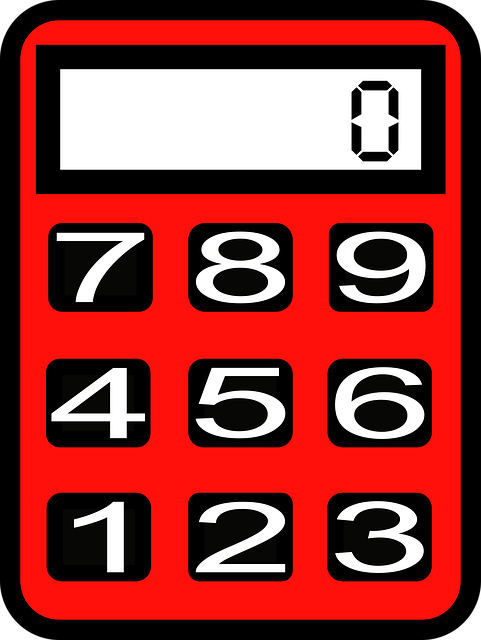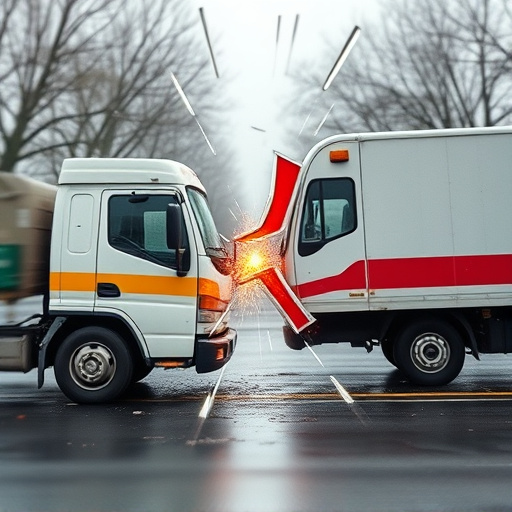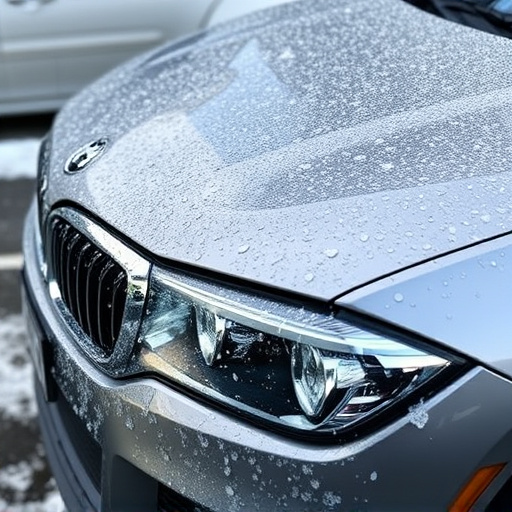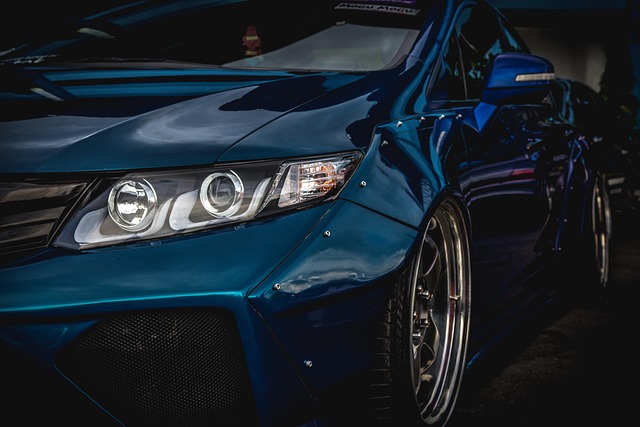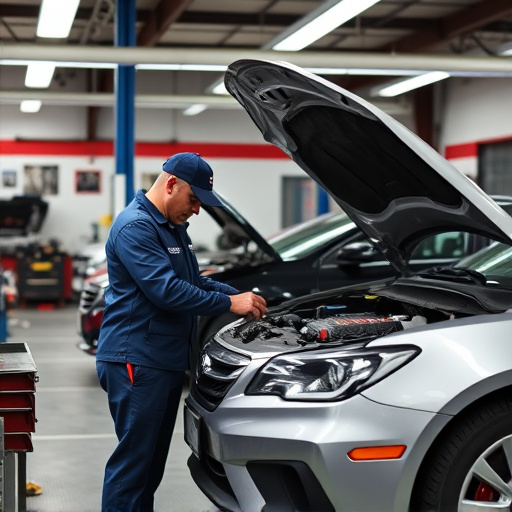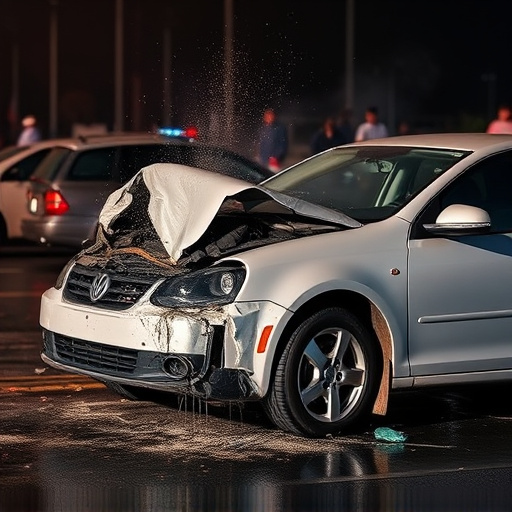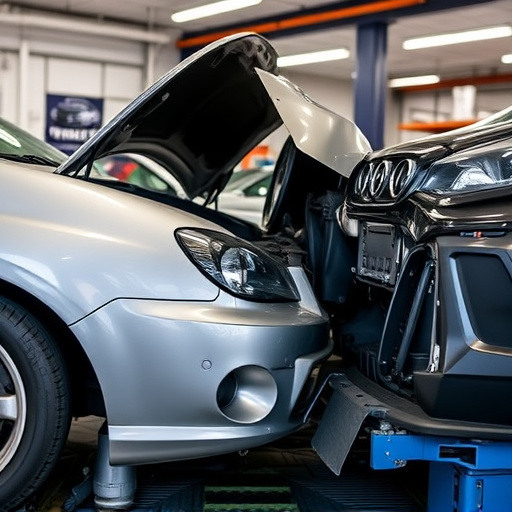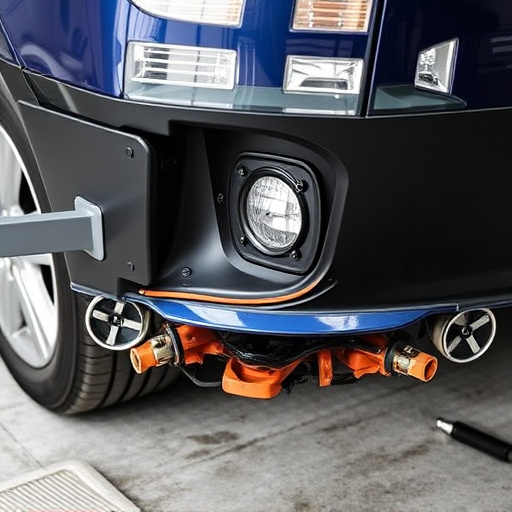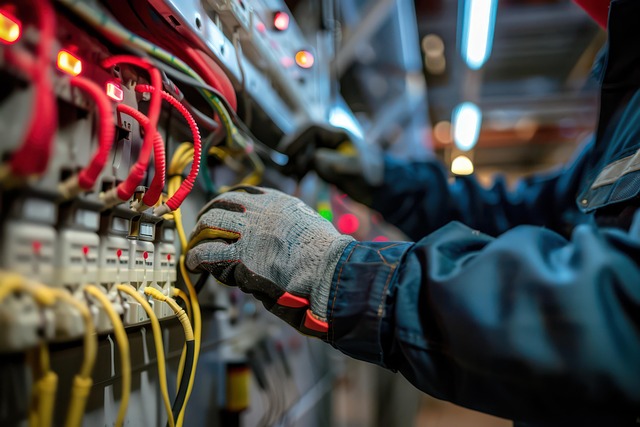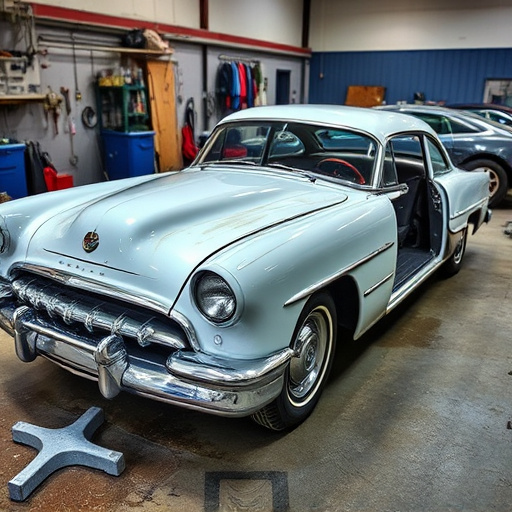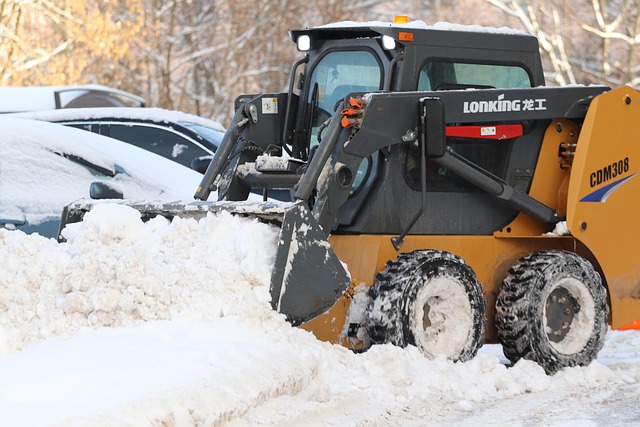In a heavy-duty truck collision, liability is shared among various entities. Truck drivers are primarily responsible for their actions, while trucking companies and fleet owners face accountability due to maintenance oversight and safety protocol adherence. Collision repair shops contribute by ensuring vehicle safety after accidents. Key factors in investigations include driver fatigue, safety protocol breaches, vehicle condition, ownership policies, and component manufacturers if defective parts are involved. Specialized auto body shops may also be liable for specific repair or modification requirements indicating negligence.
In the event of a heavy-duty truck collision, determining liability can be complex. This article delves into the intricate web of responsibility in such cases, focusing on who can be sued. We explore key factors including driver negligence, ownership oversight, and potential defendants’ roles. Understanding liability is crucial for victims seeking justice and compensation. By examining these aspects, we aim to shed light on navigating legal paths in heavy-duty truck collision cases.
- Understanding Liability in Heavy-Duty Truck Collisions
- Who Is Directly Responsible: Drivers, Owners, or Both?
- Exploring Potential Defendants and Their Responsibilities
Understanding Liability in Heavy-Duty Truck Collisions

In a heavy-duty truck collision, determining liability is a complex process that requires careful consideration of various factors. Unlike regular vehicle accidents, these collisions often involve larger, more specialized machinery, and the potential for significant damage and injuries. Understanding who can be held accountable is crucial for victims seeking justice and compensation.
Liability in such cases typically rests with several entities. The truck driver, first and foremost, bears responsibility for their actions behind the wheel. Negligence, such as speeding, distracted driving, or failure to maintain proper logs, can lead to legal consequences. Additionally, trucking companies and fleet owners are often held liable as they oversee operations and maintenance. Regular inspections and adherence to safety regulations are essential to avoid such incidents. Furthermore, collision repair shops and centers play a role; their expertise in heavy-duty truck collision repair services is crucial for ensuring vehicles are safe to operate again after an accident.
Who Is Directly Responsible: Drivers, Owners, or Both?
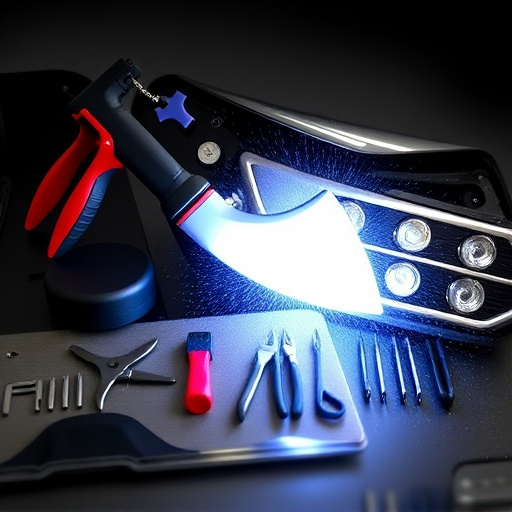
In a heavy-duty truck collision case, establishing direct responsibility is crucial. Typically, both the driver and the owner bear some level of fault. Drivers are held accountable for their actions behind the wheel, including negligence or reckless driving that contributes to the crash. On the other hand, owners have liability due to their oversight in maintaining their vehicles, such as neglecting essential auto maintenance or failing to ensure proper training for drivers.
Determining responsibility often involves investigating factors like driver fatigue, adherence to safety protocols, vehicle condition, and ownership policies. For instance, if a truck driver was operating the vehicle excessively long hours without adequate rest, leading to a collision, both the driver and their employer could be held responsible. Similarly, if an owner provides a faulty vehicle due to poor auto repair services or neglects regular car dent repair, they can be directly implicated in any ensuing accidents.
Exploring Potential Defendants and Their Responsibilities
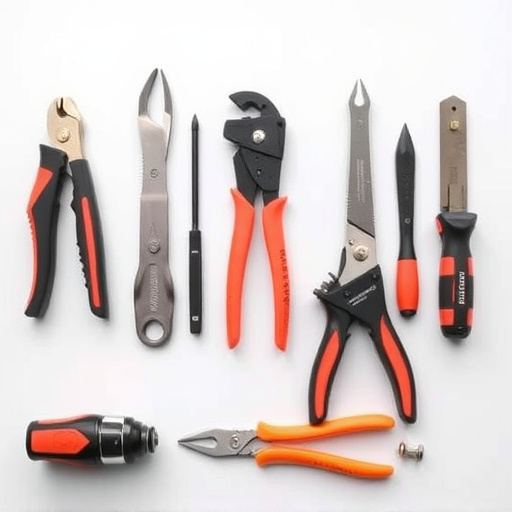
In a heavy-duty truck collision case, identifying potential defendants is a crucial step. These can include the driver of the truck, who may be held accountable for their actions and negligence. Additionally, the trucking company or fleet owner responsible for maintaining and dispatching the vehicle plays a significant role in the investigation. Often, these entities have specific protocols and policies regarding driver training, vehicle inspection, and safety protocols, which can impact liability.
Furthermore, exploring responsibilities extends to manufacturers of the truck and its components. Defective parts or systems, such as brakes, tires, or lighting, can be linked to accidents. An auto body shop or a car restoration center might also be considered if the collision resulted in significant damage that required specialized dent repair or structural modifications, potentially indicating negligence in vehicle maintenance or safety standards.
In the event of a heavy-duty truck collision, establishing liability is key to seeking justice and compensation. Understanding who can be sued involves recognizing the roles of drivers, owners, and even employers in such cases. By exploring potential defendants and their responsibilities, victims can navigate the legal landscape effectively. Remember that each situation is unique, and consulting with legal professionals specializing in heavy-duty truck collision cases is crucial for achieving favorable outcomes.
